Virtual Reality ( VR ) is revolutionizing Cognitive Behavioral Therapy ( CBT ) by providing immersive, controlled environments for treating phobias, OCD, PTSD, and other mental health conditions. Through realistic simulations, patients can safely confront their fears, practice coping strategies, and reshape unhelpful or negative thought patterns, making therapy more effective and accessible.
Cognitive Behavioral Therapy (CBT) is a widely used, evidence-based form of psychotherapy that focuses on identifying and changing negative thought patterns and behaviors. It is grounded in the idea that our thoughts, feelings, and actions are interconnected, and by altering unhelpful thoughts and behaviors, individuals can improve their emotional well-being.
Exposure Therapy is a specific technique within CBT designed to help individuals confront and reduce fear or anxiety related to specific triggers. It works by gradually and systematically exposing patients to the feared object, situation, or memory in a safe and controlled environment. Over time, repeated exposure helps desensitize individuals to their fears, reducing avoidance behaviors and teaching them that their anxiety will naturally decrease over time.
 Why we recommend virtual reality technology for exposure therapy ?
Why we recommend virtual reality technology for exposure therapy ?VR can revolutionize traditional exposure therapy methods. with Virtual reality we offers an innovative approach to exposure therapy . Combining Virtual Reality technology with therapeutic principles, we aim to enhance mental health treatment, helping individuals overcome obstacles and reclaim their lives. VR allows patients to confront their fears in a safe , controlled setting, reducing the risk of overwhelming anxiety while providing a realistic experience.
 How virtual reality can help exposure therapy
How virtual reality can help exposure therapyVirtual reality (VR) is revolutionizing exposure therapy by providing a safe and controlled environment for individuals to confront their fears and anxieties. Through immersive simulations, patients can gradually face situations that trigger their phobias—such as heights, flying, or public speaking—without real-world risks. In general, VR is proving to be an effective and convenient tool in the therapeutic process, making exposure therapy more accessible and impactful.
 Which disorders are affected by our VR solutions?
Which disorders are affected by our VR solutions?This innovative approach is especially effective for treating conditions like phobias, obsessive-compulsive disorder ( OCD ), post-traumatic stress disorder ( PTSD ), anxiety disorders, Anger, Addiction,Relaxation and Stress Management.
OCD ( Obsessive Compulsive Behaviours ): Virtual Reality simulate real-life situations that individuals with OCD encounter and people can Manage symptoms by practicing and building skills through engaging VR training.
Addiction: in the VR environment, we will face the client with his addictive situation, and then the client will learn how to face these situations.
Phobia: in the VR exposure therapy , we will stimulate real situations in a safe place for facing one's fears. These phobias are: insect Phobia, Animal Phobia, Confined spaces, Agoraphobia, Social Phobia, Heights Phobia, Doctor and Needle Phobia, and Flying Phobia.
PTSD: VR recreates traumatic events in a controlled manner, helping patients process and reframe their experiences. This method reduces the emotional intensity of memories and promotes healing.
Anger: With real-life VR scenarios learn how to control anger Caused by Bullying, job loss, traffic, and other triggers that provoke feelings of anger.
Relaxation: Over 100,000 VR Environments for Relaxation and Stress Management such as Travel theraphy, Art therapy, Breathing techniques, Muscle relaxation, Mindfulness Meditetions, Binaural beats and music, AI-Genrative safe place.
 Who can benefit from using our VR solution for Cognitive Behavioral Therapy (CBT)?
Who can benefit from using our VR solution for Cognitive Behavioral Therapy (CBT)?Mental health counselors and psychotherapists can integrate VR solutions into their private practices, providing a dynamic tool that enhances traditional therapeutic methods and empowers practitioners to facilitate effective treatment tailored to each individual’s needs.
Mental health organizations can leverage VR therapy systems in clinics, hospitals, and medical centers, enhancing their treatment offerings with immersive, effective tools.
Universities and colleges can educate future mental health professionals while also providing essential support for students' well-being.
HR departments can integrate VR wellness programs that empower employees with self-guided VR training, promoting mental health initiatives within the workplace.
This comprehensive integration of VR therapy benefits a wide range of individuals and institutions, fostering healthier environments and more effective therapeutic practices.
For more information and to purchase our VR solutions for phobias, OCD, and addiction, please contact us.

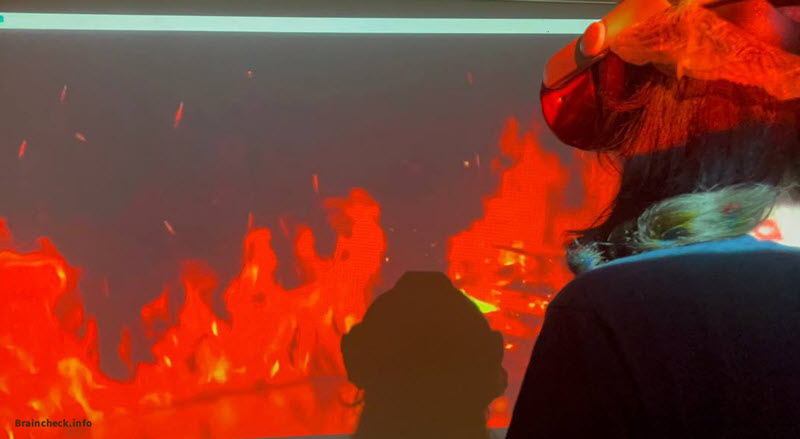
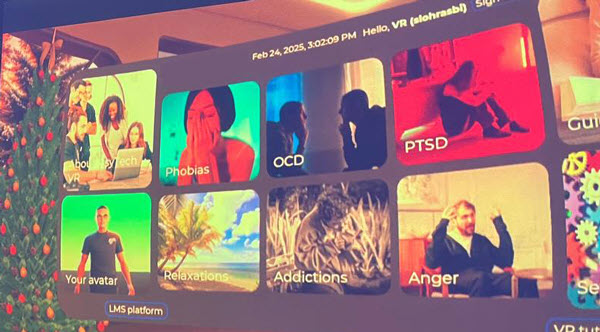
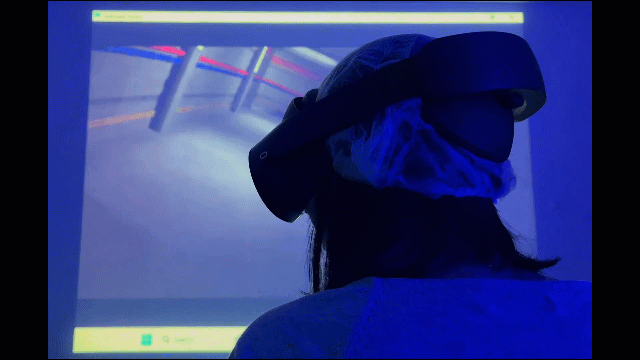
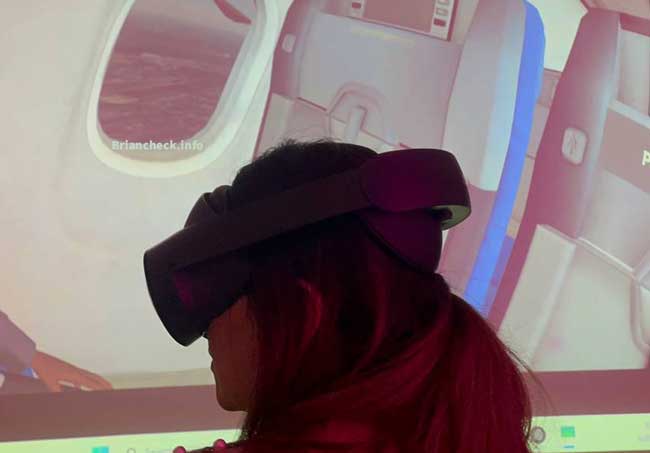
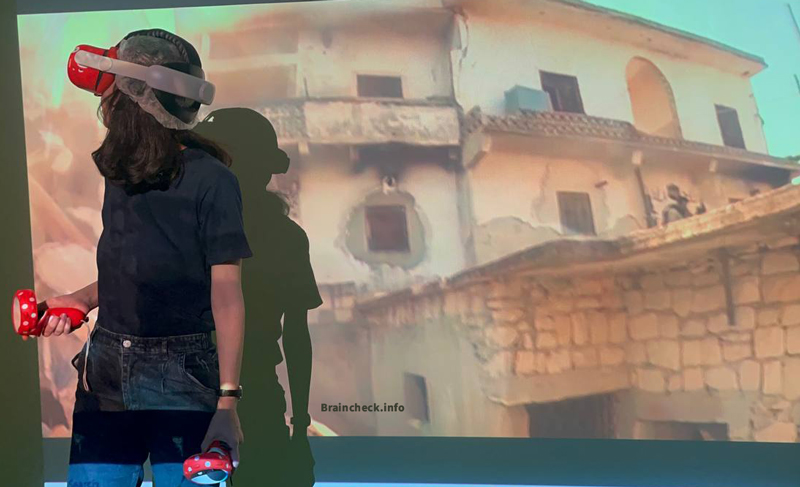
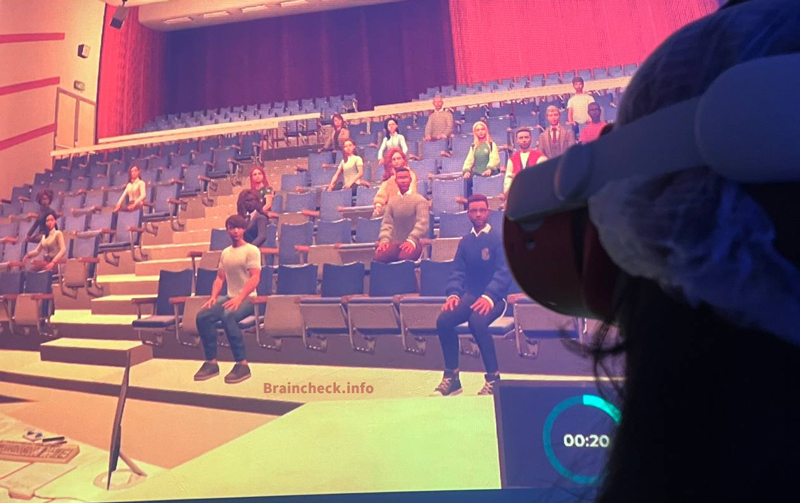
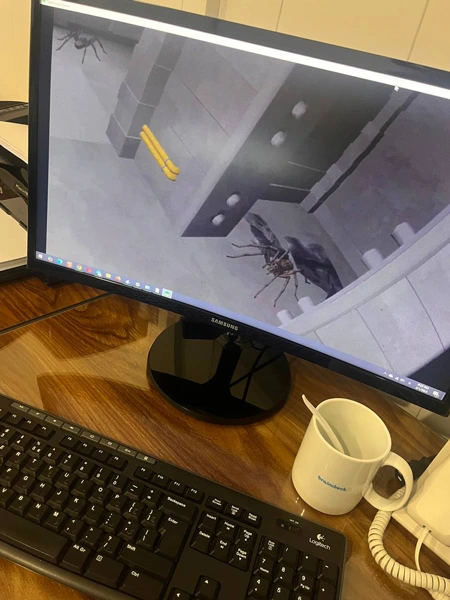

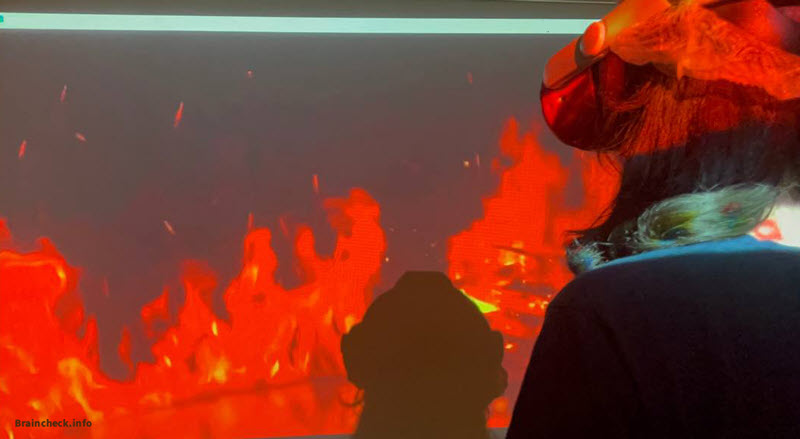
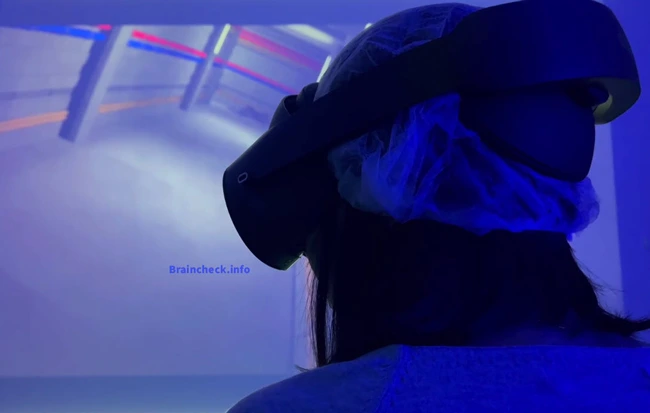
0 Comments